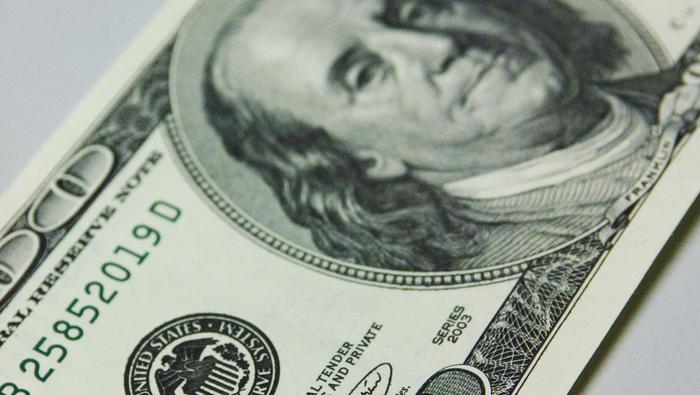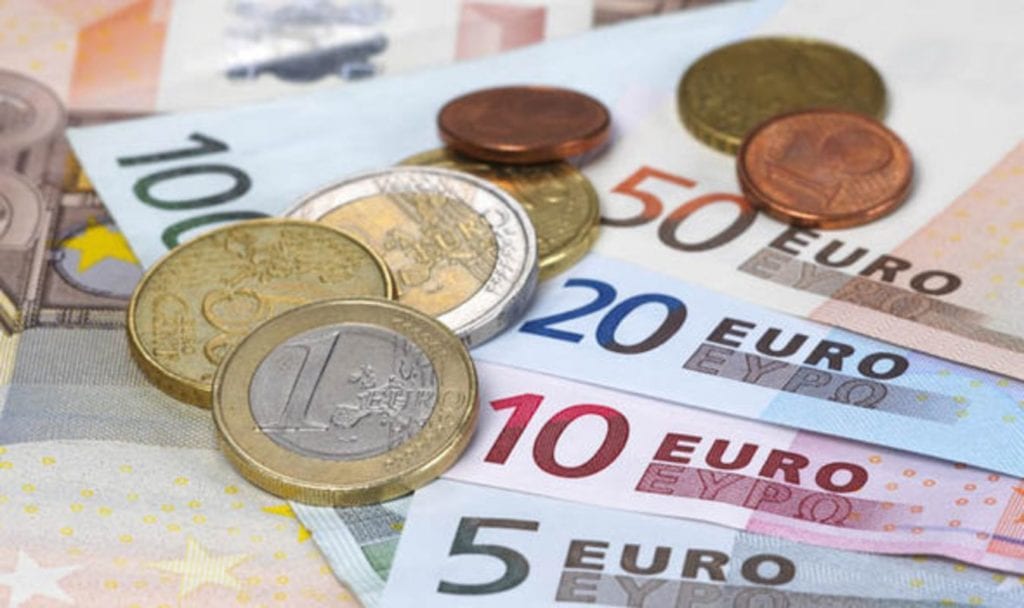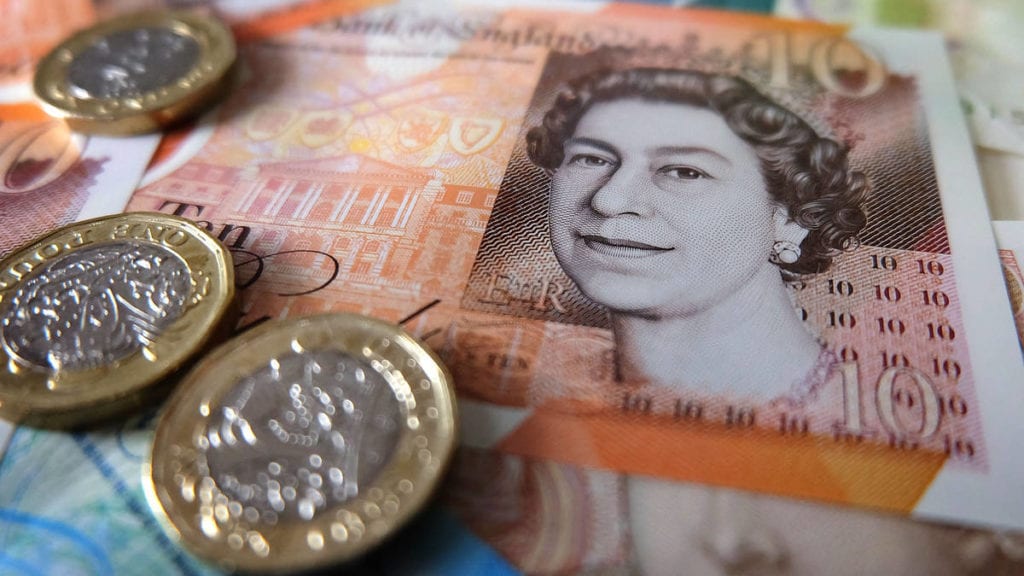In the past, countries used the gold standard monetary system to determine the value of their currencies. However, this system was abandoned in the 1930s and replaced by fiat money.
Since then, national currencies have freely fluctuated in value depending on the supply and demand of the financial markets and have also floated against each other on the global market.
These changes are a natural outcome of several different factors, such as the floating (freely fluctuating) exchange rate system, geopolitical risks, and others. Even so, whenever these falls or rises happen drastically, they can negatively impact international trade and create economic instability, as well as uncertainty.
So, if you would like to know the upcoming trends for this year or would like to learn more about what affects them, here are some things to have in mind.
Expected Major Trends
In 2019, the exchange rates saw no major changes, mostly retracing the footsteps of 2018. Due to a global economy that continues to slow down and decreasing interest rates in numerous countries, the Euro and Antipodean (Australia and New Zealand) currencies failed to perform well. On the other hand, the US Dollar index gained points, even though by a small percentage while the British Pound faced big loss after an extremely sharp gain.
So, will 2024 bring similar results?
If we are basing them on the predictions of analysts and experts in the field, then the answer is, surprisingly or unsurprisingly – no.
1. The U.S. Dollar

This year’s U.S. presidential election and a stagnant global economy will be two major contributors to the changes in the market. Based on these events, they might or might not have a positive outcome for the USD.
The bearish trend is not going to stay clean for all G3 currencies (Dollar, Euro, Pound), which leads to relatively low yield curves as well, with the USD’s curve ranging anywhere between zero and 30 basis points. Moreover, if it does come to a sell-off, no European monetary system will be a major contributor to the event.
The upcoming election carries major economic implications since, depending on its outcome, it can lead to protectionism, a loosened fiscal policy, and less strict regulations, creating a combination that is extremely pro-Dollar.
2. The Euro

Experts remain unenthusiastic since its growth will remain extremely slow and the currency will no longer stay drastically cheap compared to the Dollar. Additionally, the European Central Bank has no plans for tightening monetary policies.
With weakened European Zone fundamentals, the EUR/USD range will stay low and carry major value declining risks. This offers an extremely limited yield too.
Since the EUR will continue to provide very low yields, it is a good funding payment option for investors looking for return potential in the undervalued foreign exchange emerging markets.
3. Pound Sterling

The election of the Conservative Party brought on a positive impact on the GBP. On the other hand, the British vote to exit the European Union, a decision known as Brexit, will bring about a less impactful and visible rally (a period of continuous increase) of the Sterling.
Despite that, in the next few months, EUR/GBP and GBP/EUR rates will get to 0.83 and 1.33 respectively, meaning that the Pound will maintain a slightly higher advantage over the EUR, leading to a still positive rally.
However, there are still a few uncertainties that might lead to the fluctuation of Sterling’s strength, which solely depends on whether the Brexit transition period will be extended or not.
What is amusing to note is that you can actually follow these changes online if it is something you would like to do. Websites such as cnv.to offer reliable information on daily fluctuations but also offer currency information such as tables and history charts and a converter that you can access at any time.
4. Canadian and Antipodean Dollars

Interestingly, the Canadian, Australian, and New Zealand Dollars are all expected to outperform this year and are considered highly lucrative and attractive investments.
The AUD and NZD offer medium-term value due to the lowered interest rates in the countries, although they still offer low risks and benefits due to being undervalued. The CAD offers perhaps the biggest interest and will be considered optimal for carrying trade with its low volatility.
The Influencers
1. Interest Rates
The higher they are the more foreign investment and capital they bring to the country, subsequently leading to an increased monetary value and exchange rate.
2. Inflation
The greater inflation is, the lower the country’s monetary value is and vice versa. Lower inflation also results in lower prices of goods and services too, having an overall positive impact on the economy.
3. Balance of Payments & Government Debt
The balance of payments involves the number and prices of imports and exports, the amount of debt, and any other such transaction. It entails not importing and spending more than what is exported and earned. This greatly impacts the tariffs and value.
Understandably, the higher the debt of a country is the less foreign investment and capital it earns. Debt is one of the factors that can lead to inflation too.
4. Trade

A higher export price leads to bigger revenue and a higher demand for the country’s currency. This results in an increase in its value as well. Logically, the opposite applies when the import prices are higher than export ones.
5. Geopolitics
Foreign investors are drawn to places with less political turmoil or to ones who have a very low risk of it. So, countries that have strong policies and stable politics and economy will likely see an increase in monetary value and exchange tariffs. Places who cannot provide such certainty will possibly suffer the opposite effects.
Conclusion
In modern economies, currencies are the main medium of exchange. As such, they continuously rise or drop in value based on a few different factors. Experts have shared their research and expressed their opinions on the 2024 monetary trends, so it will be interesting to see whether all of them will come true or if there will be any major surprises in the upcoming year.
 Imagup General Magazine 2024
Imagup General Magazine 2024



